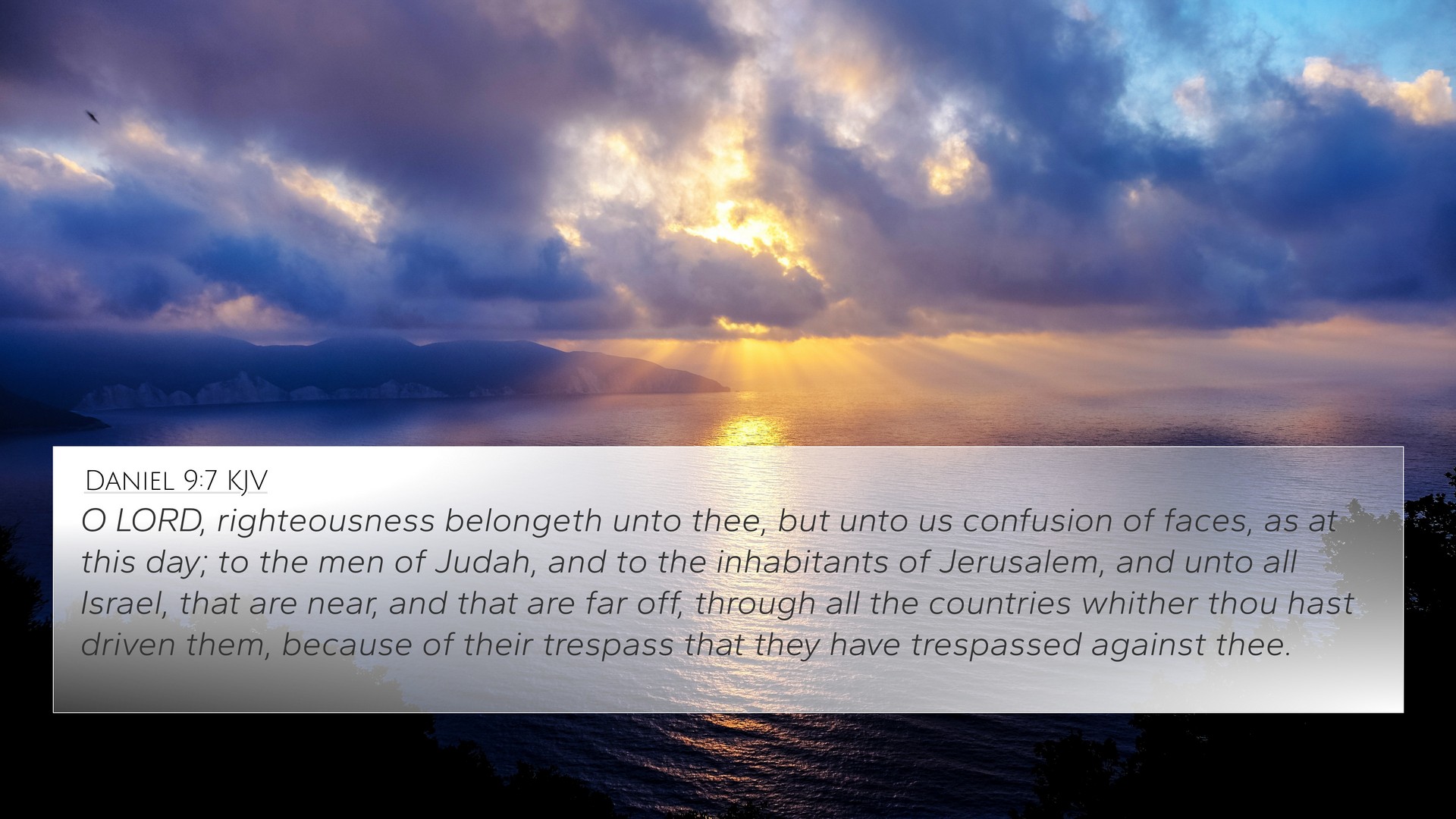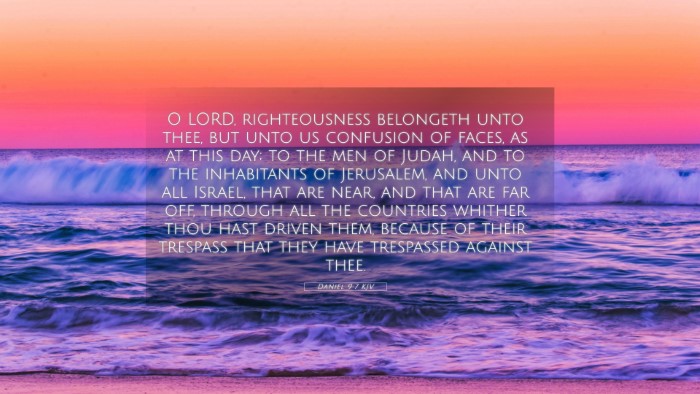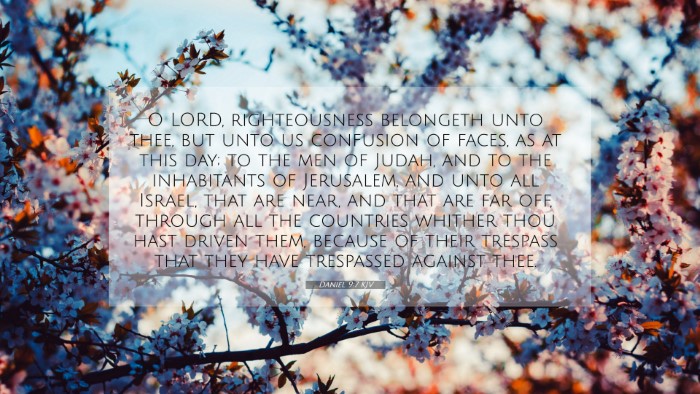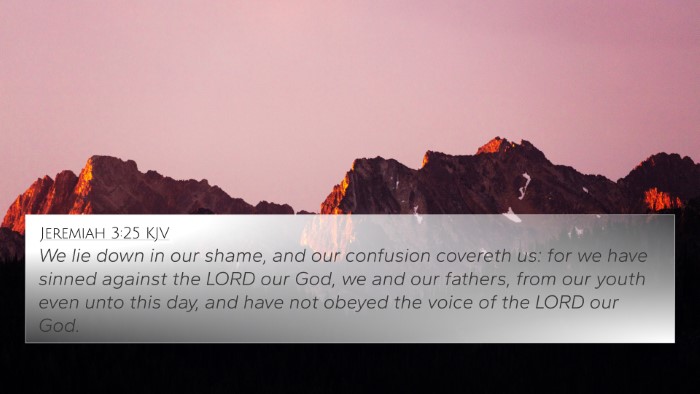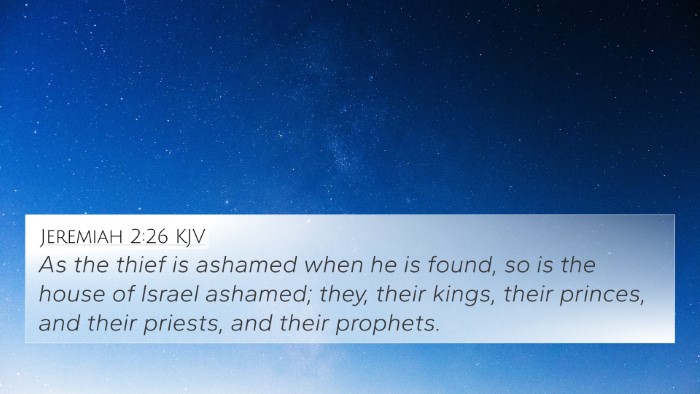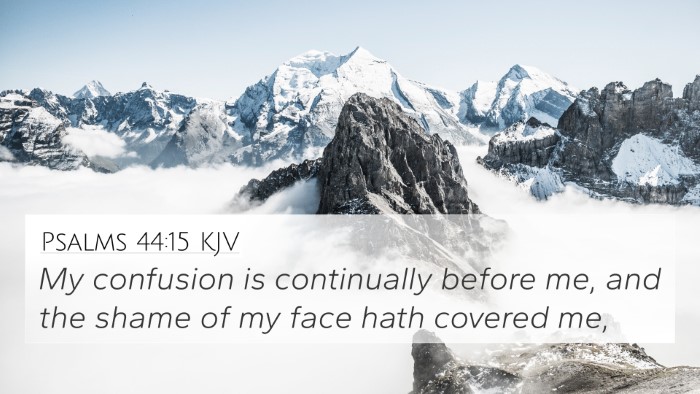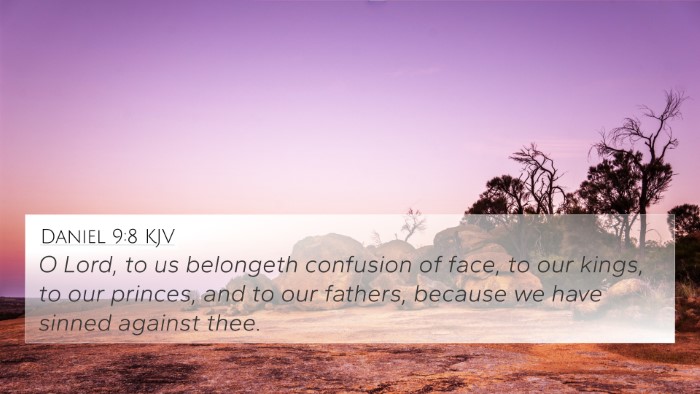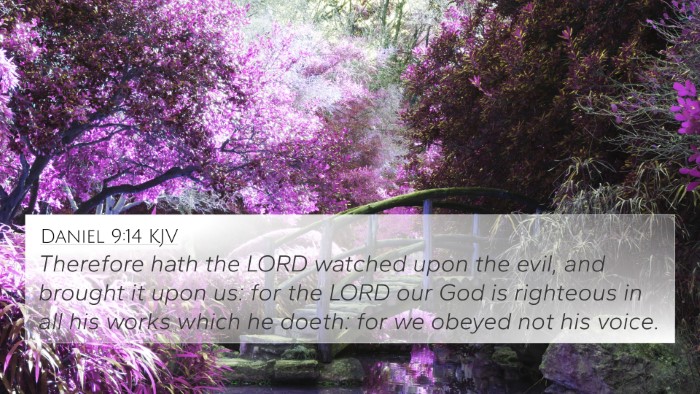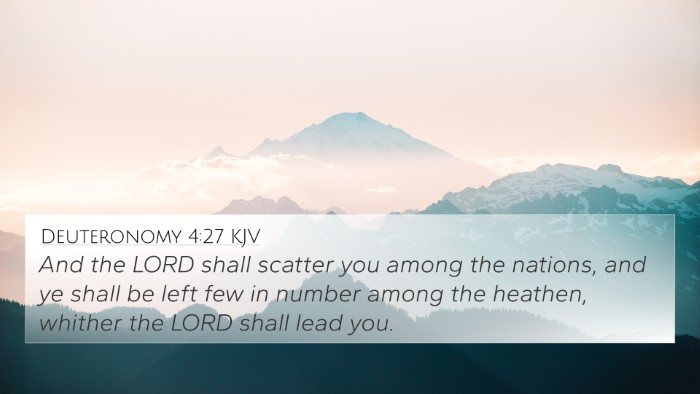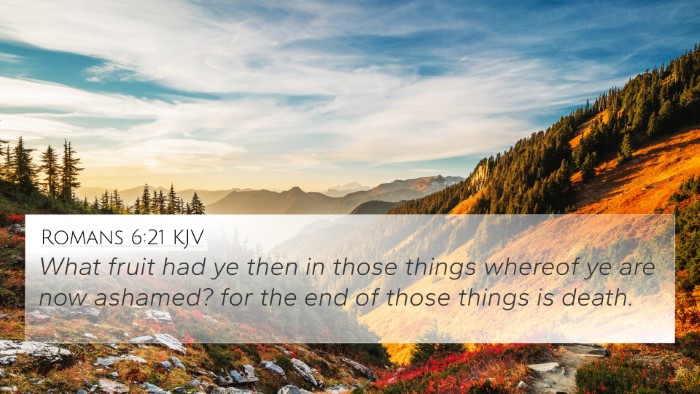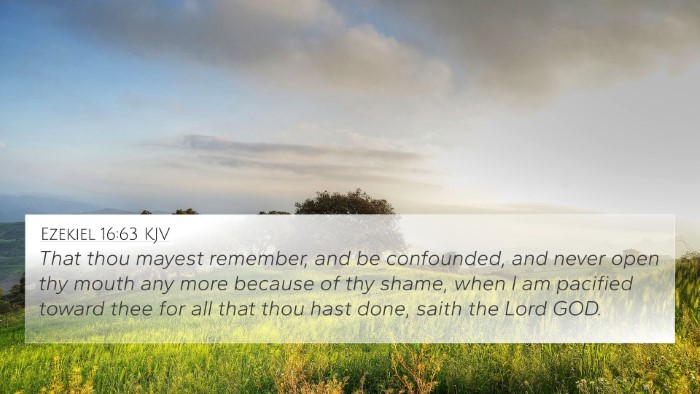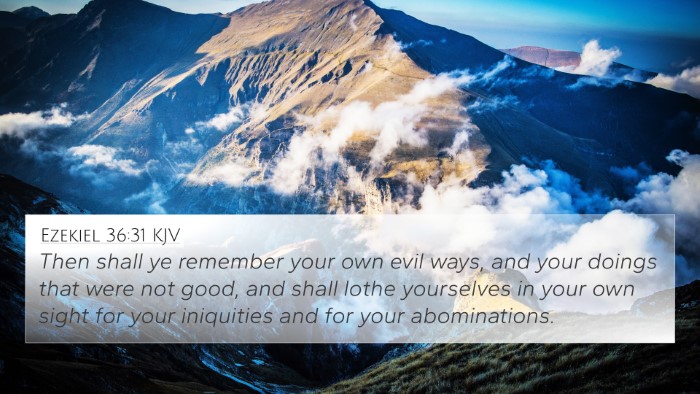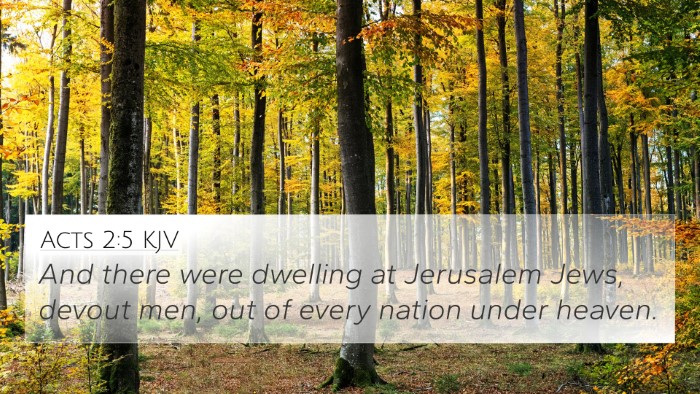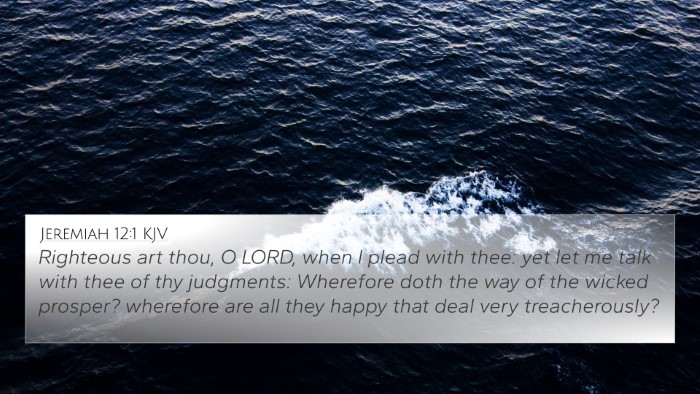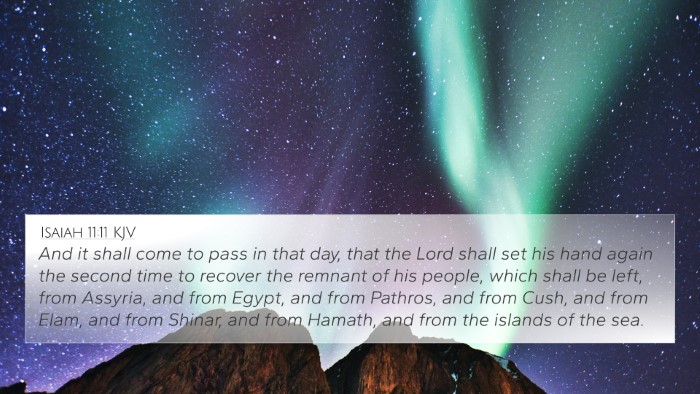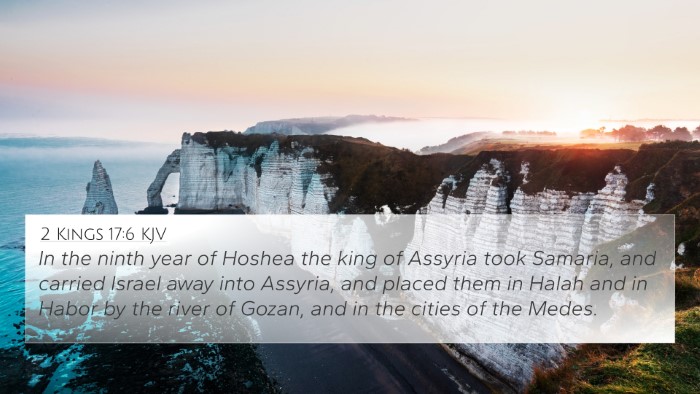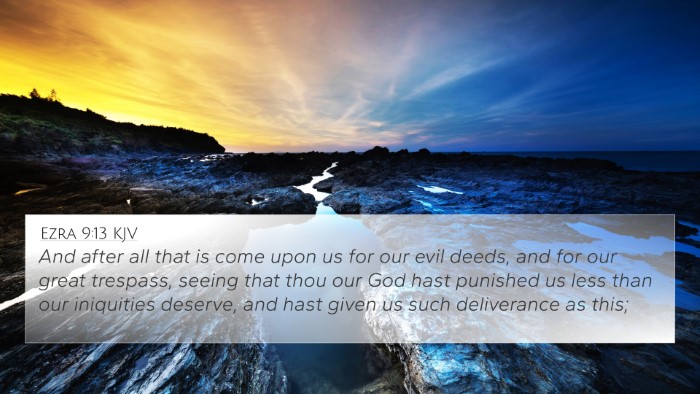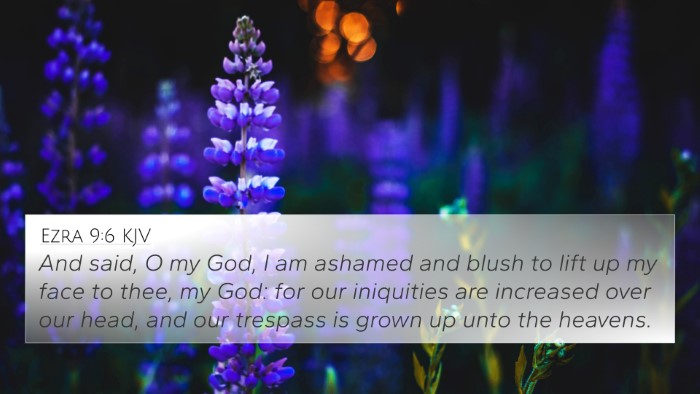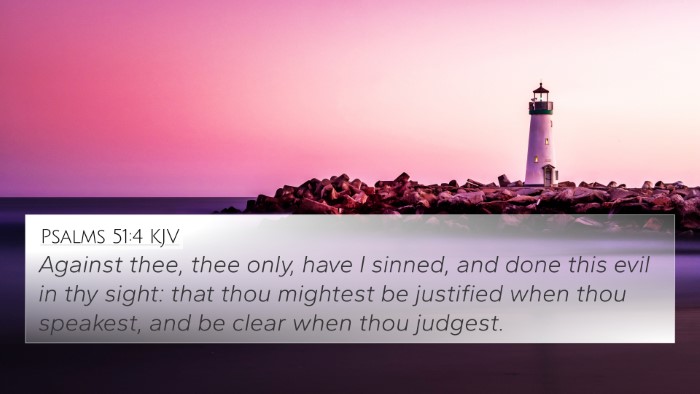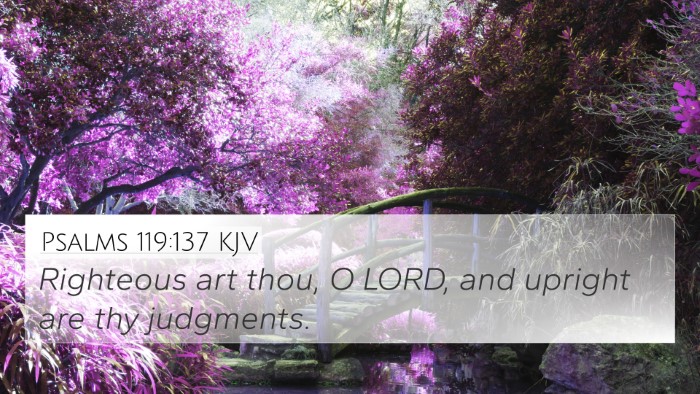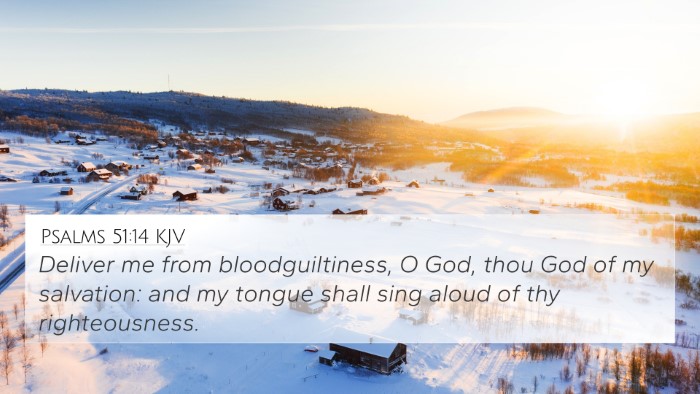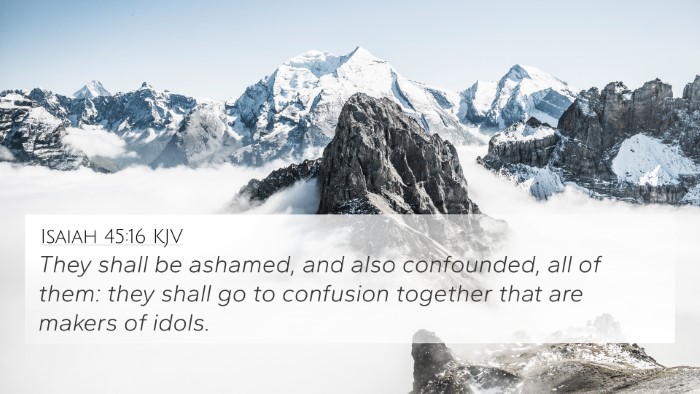Understanding Daniel 9:7
Bible Verse: Daniel 9:7 - "O Lord, righteousness belongs to You, but to us shame of face, as it is this day— to the men of Judah, to the inhabitants of Jerusalem, and all Israel, those near and those far off, in all the countries to which You have driven them, because of the unfaithfulness which they have committed against You."
Summary of Daniel 9:7 Meaning
This verse encapsulates the profound acknowledgment of God's righteousness in contrast to human shame due to disobedience. It reflects a communal confession of sin and recognizing God's sovereignty and justice in the face of Israel’s unfaithfulness.
Combined Insights from Commentaries
Matthew Henry: This passage emphasizes the greatness of God's righteousness, which stands in stark contrast to the deep shame experienced by the people due to their sins. Henry notes that the acknowledgment of guilt is essential in prayer, illustrating that the people are fully aware of their estrangement from God.
Albert Barnes: Barnes points out that the phrase "righteousness belongs to You" indicates God's perfect justice. He explains that the realization of collective shame among the Jews was not only a recognition of personal guilt but also of communal failure, which had resulted in their exile. This heartfelt confession is central to their plea for restoration.
Adam Clarke: Clarke elaborates on the idea of "shame of face," signifying the disgrace and humiliation the Israelites felt as a consequence of their sins. He highlights that this shame encompasses all people of Israel—both those in the land and those scattered abroad—thereby illustrating the pervasive nature of their sin and its consequences. Clarke also emphasizes the importance of seeking God's mercy and restoration through sincere acknowledgment of their condition.
Connections with Other Bible Verses
Daniel 9:7 can be connected to various other Scriptures, illustrating themes of sin, confession, and divine righteousness. Here are several pertinent cross-references:
- Psalm 51:3-4: "For I acknowledge my transgressions, and my sin is ever before me. Against You, You only, have I sinned and done this evil in Your sight." - A confession similar to Daniel’s acknowledgment of sin.
- Isaiah 64:6: "But we are all like an unclean thing, and all our righteousnesses are like filthy rags;" - Expressing the unworthiness of the people before God.
- Romans 3:23: "For all have sinned and fall short of the glory of God." - Highlighting the universal nature of sin.
- Jeremiah 3:25: "We lie down in our shame, and our disgrace covers us." - Similar themes of shame as a result of sinfulness.
- Nehemiah 1:7: "We have acted very corruptly against You and have not kept the commandments, the statutes, nor the ordinances." - Recognizing the collective sin of the community.
- Lamentations 3:39: "Why should a living man complain, a man for the punishment of his sins?" - Reflecting on the consequences of iniquity.
- Ezekiel 18:30: "Therefore I will judge you, O house of Israel, every one according to his ways." - Emphasizes personal accountability in sin.
- 1 John 1:9: "If we confess our sins, He is faithful and just to forgive us our sins and to cleanse us from all unrighteousness." - The hope in God's forgiveness.
- 2 Chronicles 7:14: "If My people who are called by My name will humble themselves, and pray and seek My face, and turn from their wicked ways..." - Calls for humility and repentance, resonating with Daniel's plea.
- Luke 18:13: "And the tax collector, standing afar off, would not so much as raise his eyes to heaven, but beat his breast, saying, 'God, be merciful to me a sinner!'" - A New Testament example of humble confession.
Why Understanding This Verse Matters
Grasping the meaning of Daniel 9:7 provides invaluable insights into the nature of confession, penance, and the pursuit of righteousness in the life of a believer. It serves as a reminder of the importance of approaching God with humility and recognizing the gravity of sin while relying on His mercy.
Using Cross-References for Deeper Understanding
For anyone engaged in cross-referencing Biblical texts, navigating through related verses enhances comprehension and offers a broader context for thematic connections. Tools such as a bible concordance and bible cross-reference guide can significantly aid in uncovering these links.
Conclusion
In reflecting on Daniel 9:7, we encounter a profound moment of collective repentance and recognition of God's eternal righteousness. By engaging with this verse and its cross-references, we foster a deeper understanding of how the Scriptures dialogue with one another, illustrating the rich tapestry of Biblical themes and the gracious offer of redemption. This exploration serves as a key component in cross-referencing Bible study methods, inviting believers to delve deeper into their faith.
